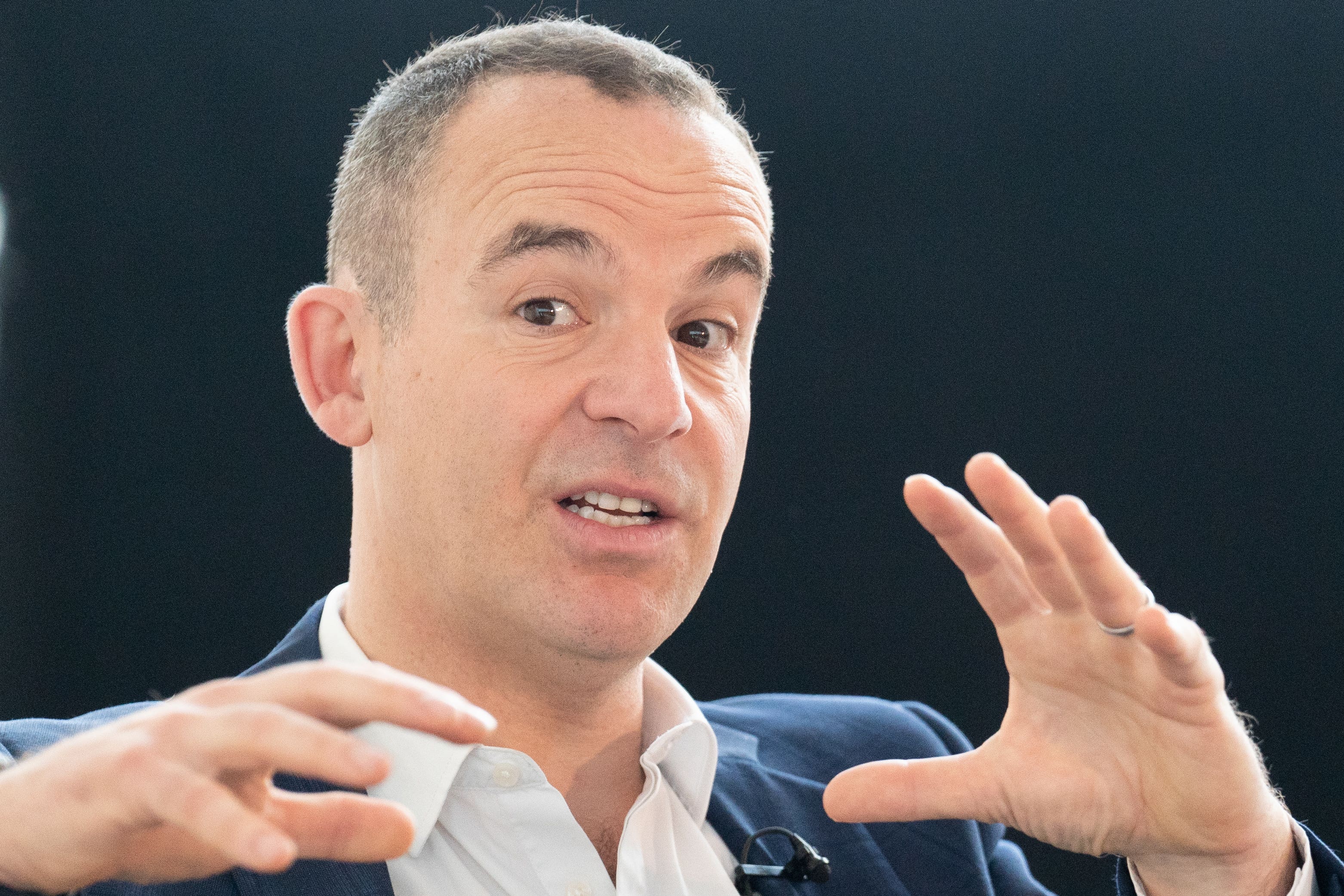Mortgage prisoners must be freed, says Martin Lewis
Some borrowers have been trapped on high rates since the 2008 financial crisis.

Your support helps us to tell the story
From reproductive rights to climate change to Big Tech, The Independent is on the ground when the story is developing. Whether it's investigating the financials of Elon Musk's pro-Trump PAC or producing our latest documentary, 'The A Word', which shines a light on the American women fighting for reproductive rights, we know how important it is to parse out the facts from the messaging.
At such a critical moment in US history, we need reporters on the ground. Your donation allows us to keep sending journalists to speak to both sides of the story.
The Independent is trusted by Americans across the entire political spectrum. And unlike many other quality news outlets, we choose not to lock Americans out of our reporting and analysis with paywalls. We believe quality journalism should be available to everyone, paid for by those who can afford it.
Your support makes all the difference.The Government must find “any and all solutions” to free mortgage prisoners, consumer champion Martin Lewis has urged.
A new report, funded by a private donation by Mr Lewis, has proposed solutions to help borrowers eventually remortgage with active lenders.
Some mortgage prisoners have been trapped on high rates since the 2008 financial crisis.
Borrowers entered into loans with lenders that subsequently failed and they have often been rejected when applying for cheaper mortgages because they do not meet toughened borrowing criteria brought in following the crisis.
Many have loans that were sold by the state to “closed book” inactive lenders, often investment companies that are not regulated to lend new mortgages, making it difficult for them to move to cheaper rates.
Mortgage prisoners are the forgotten victims of the financial crash. The banks were bailed out at the expense of these borrowers
Mortgage prisoners have suffered mental health as well as financial consequences.
Groups representing mortgage prisoners have told MoneySavingExpert.com, which was founded by Mr Lewis, that some people have even taken their own lives.
The new report, from the London School of Economics (LSE), suggests introducing free comprehensive financial advice for mortgage prisoners.
It also suggests Government equity loans along the model of Help to Buy, interest-free for the first five years. This could involve an equity loan for a maximum of 40% of the value of the property in London, and 20% elsewhere, which could be used to pay down the mortgage and other existing debt.
There could also be a Government guarantee for active lenders to offer borrowers new mortgages, helping borrowers to find loans in the mainstream market.
The LSE report estimates the net overall cost of the programme could be between £50 million and £347 million over 10 years, depending on take-up.
Mr Lewis said: “Mortgage prisoners are the forgotten victims of the financial crash. The banks were bailed out at the expense of these borrowers.
“I hope the Treasury lives up to its past promise to investigate at speed and uses this report as a springboard to find any and all solutions to free mortgage prisoners.”
MoneySavingExpert said the report, which is the third in a series, is being shared with the Treasury and the Financial Conduct Authority (FCA).
It was launched at an event at the House of Commons on Wednesday evening.
In the past year, near-monthly rate rises have seen some mortgage prisoners’ rates leap from 4.5% to as much as 8.29%, the website said.
Rachel Neale, from the UK Mortgage Prisoners group, which campaigns for victims of this mortgage scandal, said: “The severe harm already endured for over a decade, compounded now by 10 consecutive rate rises, means time is not a currency mortgage prisoners have. The proposed solutions need to be considered in detail, and urgent action is required now before more homes and lives are lost.”
Kath Scanlon, lead author of the report, said: “Since our research began in late 2019, the situation facing mortgage prisoners has become dramatically more difficult.
“Rises in interest rates and the cost-of-living pressures occasioned by the conflict in Ukraine have made it more urgent to address the issue. We hope that our report contributes to finding real solutions.”